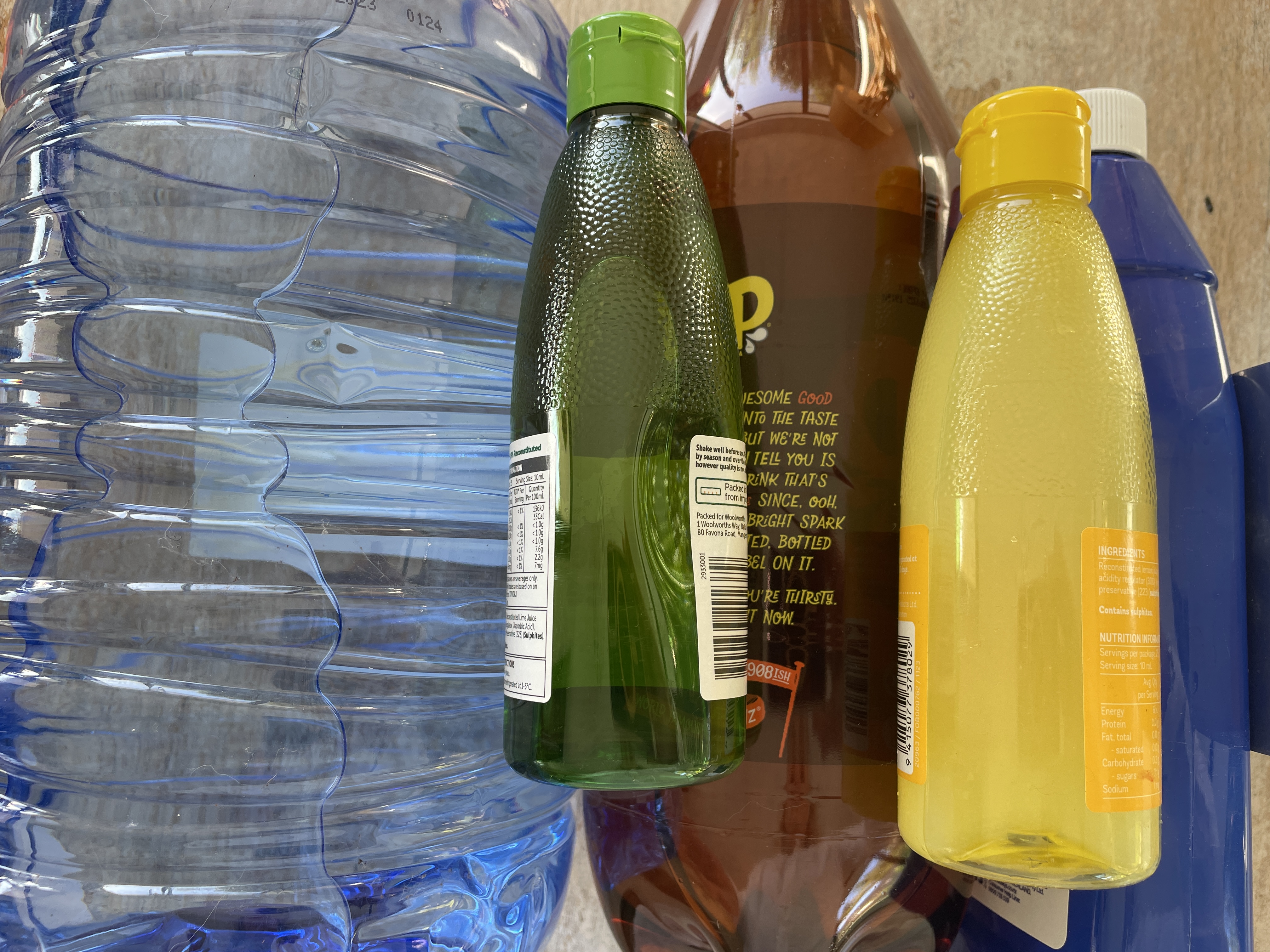Coloured plastic recycling changes follow market downturn

Council waste transfer and recycling stations will suspend accepting coloured 1 (PET) plastics from Monday 16 June until a viable recycling market can be found for the products.
Coloured 1 (PET) plastic is mostly made up of drink bottles with the majority being blue tinted water bottles.
After China closed its recycling markets to the rest of the world, the market for coloured 1 (PET) plastics began to fade, and it is now uneconomic for the Far North to recycle these. The council has continued to accept this grade of plastics in the hope markets would recover. However, the stockpile of coloured 1 (PET) plastic has now reached 190 tonnes and has deteriorated to the point it cannot now be recycled. It will instead go to landfill at a cost of $45,000.
Clear plastics displaying the 1 (PET) symbol, such as meat trays, are not affected and will continue be accepted at council transfer and recycling centres.
Most plastics are stamped with a number indicating the plastic type. Demand for different plastics varies considerably, resulting in different values for each type. Like any commodity, markets and prices for different types of plastics vary considerably.
After 16 June, the council will offer a one-month grace period where coloured 1 (PET) plastics will be accepted for landfill at no charge. From mid-July, disposing of coloured 1 (PET) plastics will attract the same charge as other household waste going to landfill.
If the market for coloured 1 (PET) plastics does recover, it is possible that these products will again be accepted at council facilities for recycling.
The council is working on six and 25-year waste minimisation and sustainability strategies that will be presented to the council for consideration in June. If adopted, these strategies will then go out for public consultation.
Kerbside recycling
This change only affects coloured 1 (PET) plastics at council-owned transfer and recycling stations. Kerbside recycling collections are undertaken by two commercial companies in the Far North. Residents should contact Northland Waste and Waste Management directly for information about plastics accepted by their collectors. Customers in Kaitāia and northern parts of the district should contact Northland Waste, while customers in southern parts including Kerikeri should contact Waste Management.
The Ministry for the Environment (MFE) has introduced bans for many problematic plastics. It has also mandated which plastics can be accepted on kerbside recycling collections.

